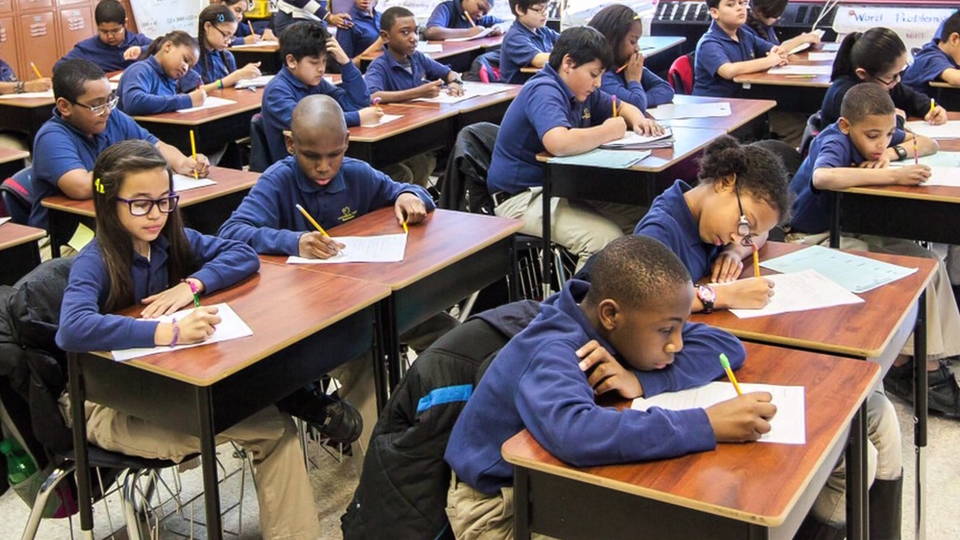Web site offers thousands of jobs for new graduates
MORE THAN AVERAGE:Many employers advertising on Taiwan Jobs are offering high wages for untrained workers with no prior experience, the labor ministry said
Staff writer, with CNA
The Ministry of Labor yesterday said 15,000 full-time jobs for new graduates are being advertised on its Web site offering wages of NT$30,000 per month.
Employers have advertised more than 145,000 positions for new employees who are not required to have any work experience, according to the Web site.
The Web site, called Taiwan Jobs, is managed by the ministry’s Workforce Development Agency.
The job openings are a positive sign for the jobs market with an influx of new graduates.
The Directorate-General of Budget, Accounting and Statistics on Friday said that the unemployment rate for last month rose 0.08 percentage points from a month earlier to 3.92 percent, due to a month-on-month increase in first-time jobseekers of 9,000.
The directorate said that the jobless rate is expected to continue to climb this month and next month before trending lower, as many first-time jobseekers are likely to start work in September.
Employers who are offering more than NT$30,000 per month to new graduates include flat-panel makers Innolux Corp and HannStar Display Corp, as well as High-Life and Family Mart convenience store chains, and fast-food chains McDonald’s and Kentucky Fried Chicken, the ministry said.
HannStar, which specializes in the production of small and medium-sized screens, is offering engineers NT$47,000 per month, the ministry said.
The ministry said that more employers are seeking part-time workers, with 30 percent of workers coming from the manufacturing sector and 20 percent from retail, wholesale and restaurant businesses.
Michelin-starred steamed dumpling restaurant Ding Tai Fung is offering NT$150 to NT$170 per hour for part-time workers, higher than the minimum NT$120 hourly wage, the ministry said.
As of the end of last month, employers in Taiwan posted 108,286 job openings on Taiwan Jobs, down by 15.22 percent from a month earlier, while the number of people who signed up for the Web site dropped 0.7 percent month-on-month to 63,342, the ministry said.
Last month, the number of jobseekers aged up to 19 years old increased 111.61 percent from a month earlier, indicating that the summer vacation has increased the supply of available workers, the ministry said.


































